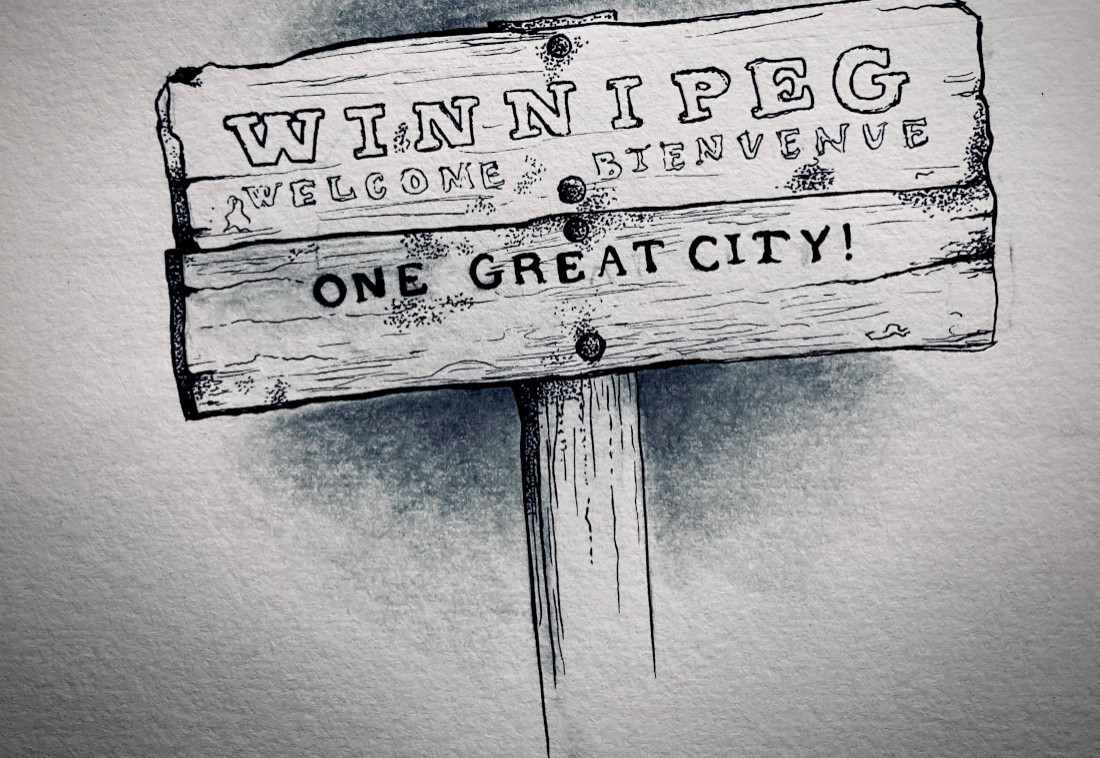A city in decline
Largest strike mandate since 1919 looms over Winnipeg
A recent report by the Canadian Centre for Policy Alternatives (CCPA) shows that the City of Winnipeg’s wage decline is causing drastic service cuts, resulting in a risk of further decline and the most extreme strike action by City workers since 1919.
Niall Harney, senior researcher and Errol Black Chair in Labour Issues for the CCPA, says that, upon their analysis, city workers’ wages are not keeping up with cost-of-living increases.
“When we compare the increase of wages for city workers against the cost of living, we find that the actual amount of goods and services that a city worker in the positions we studied since 2005 can buy is actually lower, and that’s in large part due to low wage increases over the past 20 years, and the major rise of cost of living in the past 18 months,” Harney says.
Inflation is not the only contributing factor.
Based on Harney’s analysis, “This issue has become a crisis, because we’ve seen a 14-year tax freeze, 10 years of reducing the business tax. We’ve had only small increases in property taxes in the past 10 years, which have almost entirely gone to roads and police. This is resulting in major cuts to basic services like 311, like libraries and recreation.”
Harney also says these community services all help foster social inclusion and address the root causes of poverty and crime.
“There is a direct link to the City’s investment in police and emergency services and the decline of social services and the conditions of increasing rates of poverty and crime,” he says.
Gord Delbridge, president of CUPE 500, the union representing City workers, says some of the lowest-paying jobs are typically held by marginalized people.
“These positions are filled with women, People of Colour and Indigenous folks. These are folks that are struggling with the current rate of pay and (are) having to find other employment,” he says.
The City of Winnipeg has traditionally relied on high-school and university students to fill many positions at municipal facilities. While these jobs once held the appeal of high pay to supplement tuition, many students are now fleeing due to the wage decline.
This summer, for example, around 40 wading-pool attendants resigned to work in the service industry, Delbridge says. “They get paid better and get tips.”
Despite ongoing negotiations between the City of Winnipeg and CUPE, the disparity between wages and cost of living for city workers may lead to further service disruptions in the form of a strike action.
“We’ve always tried to resolve issues. We haven’t been on strike in 100 years, since 1919. A strike is always a last resort. Our members take a lot of pride in serving the City of Winnipeg, but they’re citizens themselves and raising families, and they need to be compensated for their work,” Delbridge says.
Despite the difficulties ahead, Delbridge describes a hopeful future for the City.
“Whether it’s expanded library hours, recreation services and innovation that can make our community a better place to live in, there’s so much that can be done. It starts with having good leadership ... that’s going to listen and share these values and get things done.”
Published in Volume 77, Number 05 of The Uniter (October 6, 2022)








